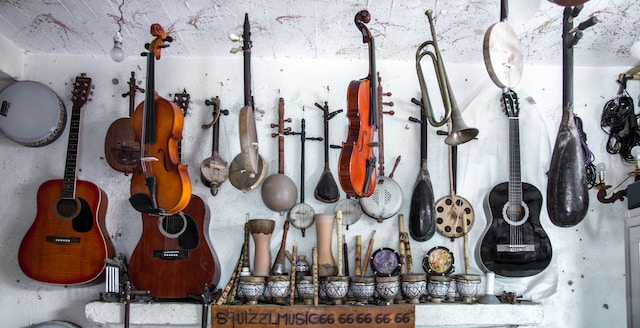The experiments of the past years were not in vain for the genre. The musical remained in the cinema, but only as a platform for experiments – not so much creative as production or technical ones. Therefore, the new era cannot be considered the time of a full-fledged revival of the genre.
What is worth, for example, a series of “High School Musicals” Disney about the school, the fourth part of which should be released in 2017. Or Tom Hooper’s Les Misérables, which won three Oscars in 2013. Actors here not only sing live, but also improvise while performing their dance numbers. In particular, Valjean’s first solo, his monologue, was filmed using a steadicam (a camera-stabilization system worn by the cameraman), which allowed Hugh Jackman to move as he saw fit to best convey the heavy emotion of the scene.
A similar path was taken by the creators of La La Land, a musical with a classic plot that could have found a place in the 1930s: a jazz pianist from Los Angeles falls in love with a young actress. The lead actors Ryan Gosling and Emma Stone are not professional singers or dancers. However, as critics rightly point out, charm is more important here than performance skills. A similar opinion, apparently, is shared by the jury of the last Venice Film Festival, which awarded Emma Stone the Volpi Cup for Best Actress.
Musicals in TV series
If television killed the musicals on screen in the 1950s, now it is saving them. The main return of musicals actually takes place not in the cinema (here the situation has hardly changed in half a century – one or two important films are released a year), but in serials. Television perfectly adopted the escapist, kitsch, and downright goofy tone of stage musicals. Starting with Ryan Murphy’s “Losers” – stories about a school choir singing famous pop hits – the series suddenly began to sing and dance a lot again.
Moreover, music returned to television in the 2010s in two forms. Firstly, there are just historical and biographical series in which there is a lot of singing and playing music. For example, “Nashville” is a story about the capital of country music and one particular country singer. Or “Empire” – a series about the fictional hip-hop dynasty Lion and their company Empire Entertainment.
Secondly, there are series (read: multi-episode musicals) that use dancing, singing, and musical numbers as part of their storytelling. For example, the comedy Galavant is about the (singing) knight Galavant. Or Crazy Ex, a benefit performance for actress Rachel Bloom, who made her real-life fame with comedy music videos on YouTube.
Apparently, it was the popularity of musical comedy among Internet users that became the reason for the dominance of musicals on modern television. Television is more flexible than the film industry in responding to change. On the Internet, videos of The Lonely Island troupe and humorous rap battles with the participation of famous historical characters are becoming popular, and these are, in fact, numbers from musicals.



